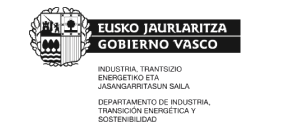Guillermo Molina Recio, José A. Ariza-Montes, Manuel Rich Ruiz, Vicente Fernández Rodriguez and Noel M. Muniz
Nursing Economci$, Vol. 38 No. 6
English // Keywords: Profesional time management, personal time, nursing staff, health risk self-perception, european nurses, nurses´ well-being
Abstract
What this paper adds in a broad sense is that, for the specific collective of European nursing professionals, health risk self-perception at the workplace can certainly be directly associated with some working conditions and professional time management, such as working on Sundays, working with constant interruptions due to unforeseen tasks, not having enough time to finish working tasks, lacking harmony in work-family time, and not having satisfaction with salary.
On the other hand, the adverse effect of personal time management variables on nurses’ self-perception of health risk seems to be marginal, except for the action of caring for/educating children, which noticeably increases the negative assessment.
The implications of this paper, in practical terms, can be summarized in suggesting drawing utmost attention to the ability of those responsible at work –namely managers, supervisors or directors- to fairly coordinate and manage rotating shifts, working on holidays, and organizing time within workdays, since this skill at the workplace certainly emerges as a key managerial competence for reducing workers’ negative health and well-being self-perception; not to mention job dissatisfaction, patient medical errors, and expenses related to absenteeism or sick leaves. This research also highlights the importance of time management in nurses’ regular work shifts and the relevance of harmonizing personal and family life with the particular circumstances of each professional. These dimensions should be considered when managing nursing staff and in the establishment of organizational policies that may facilitate harmonious working environments and employees’ well-being.













